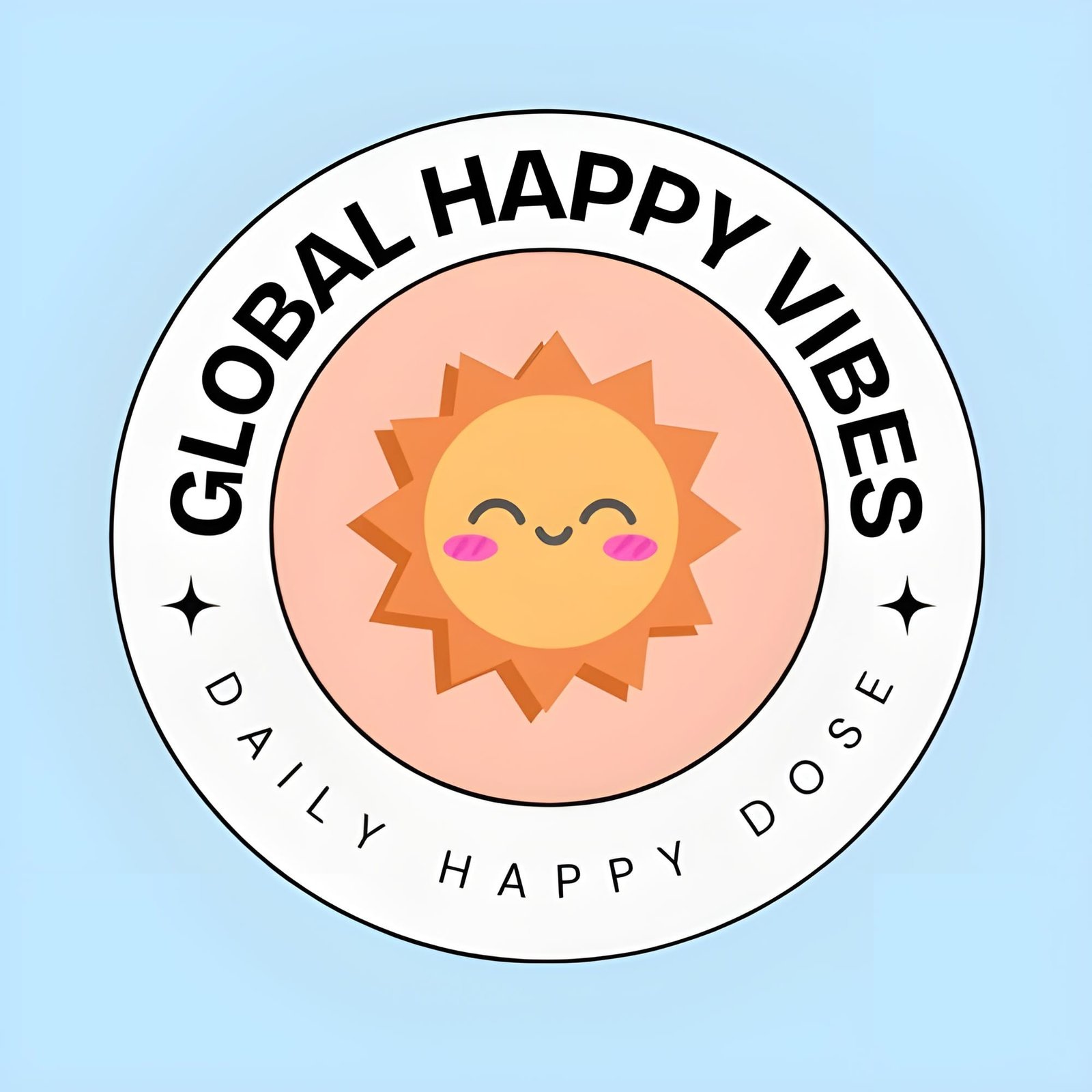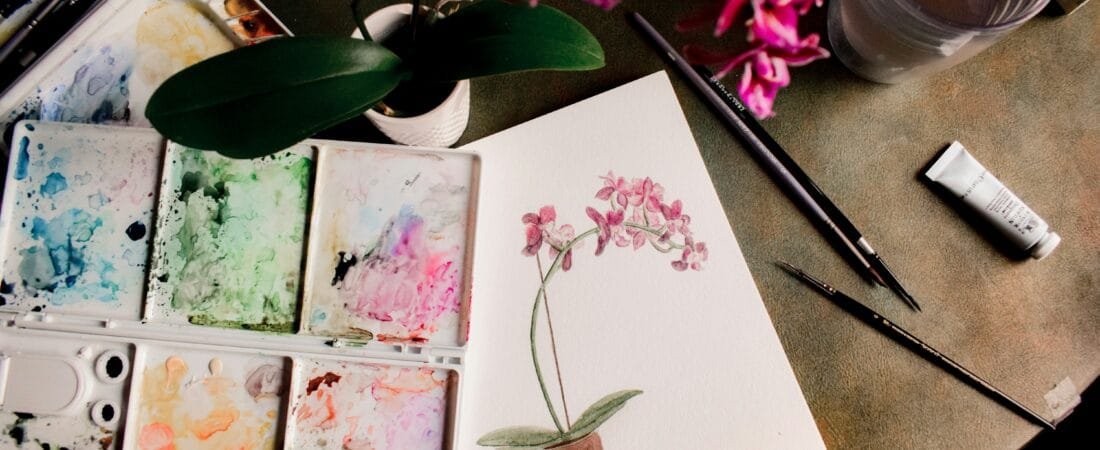In our modern world, it’s quite commonplace for our lives to speed around us in a whirlwind. Our technologies provide us with almost instantaneous access to information at our fingertips and social media algorithms are now so tailored to our preferences that we often come to expect instant gratification in our entertainment. Furthermore, a pervasive hustle culture keeps us postponing our enrichment time in favor of time and effort investments for financial gain. While it’s important to work hard and “get ahead,” hobbies also have their place, and it may be a more important place than many realize.
In our fast-paced environment, it’s quite easy to overlook the simple joy that engaging in hobbies can bring us. Many people discount hobbies as time-wasters, citing the “time is money” adage, and even more simply struggle to find the time on top of hectic schedules; however, there are many hidden yet powerful benefits to both your brain and overall health that hobbies can provide.

Stress Reduction
Let’s face it: life can be overwhelming. We often have many things to juggle, including heavy workload burdens at work and at home and managing personal relationships with friends and family, and our stress levels can quietly skyrocket before we even stop and take notice. That’s where hobbies can come in as a practical way to manage some of this stress.
Carving out time for a hobby, whether it’s painting, gardening, crafting, or assembling jigsaw puzzles, can create a pocket of calm during our otherwise chaotic days. We’re able to completely lose ourselves in a fun, appropriately challenging activity in what’s known as a flow state, colloquially known as “getting in the zone.” While in this state, your brain is able to find solace from the constant cortisol surge it gets from experiencing stress. This allows for your nervous system to relax. Even a short time in a flow state is capable of reducing some stress!
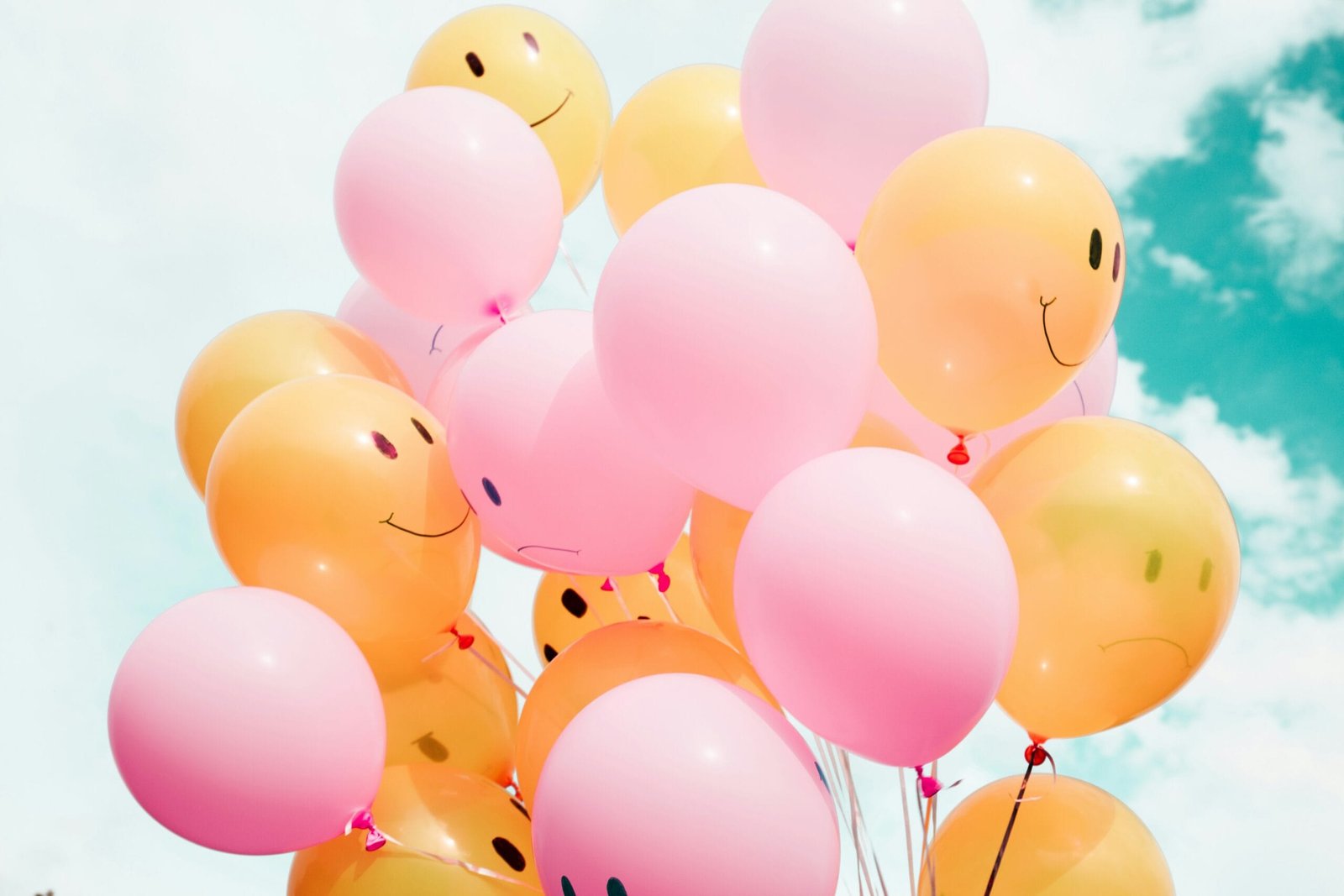
Mood and Satisfaction Boost
Engaging in hobbies also provides us with a boost in mood and satisfaction with both our performance as well as our personal development. It’s fulfilling to work on something solely for the joy of doing it. This gives us space away from the high expectations and deadlines from other areas of our life and provides us with a freedom to create, explore, or express ourselves.
Furthermore, neuroscience shows that doing something enjoyable can trigger a release of dopamine—the brain’s “feel-good” chemical. Whether you’re cooking up a new recipe, finishing a knitting project, or customizing a baking recipe, that sense of achievement and joy has a ripple effect. It builds self-confidence and reinforces positive mental habits that contribute to a healthier, more balanced emotional state.
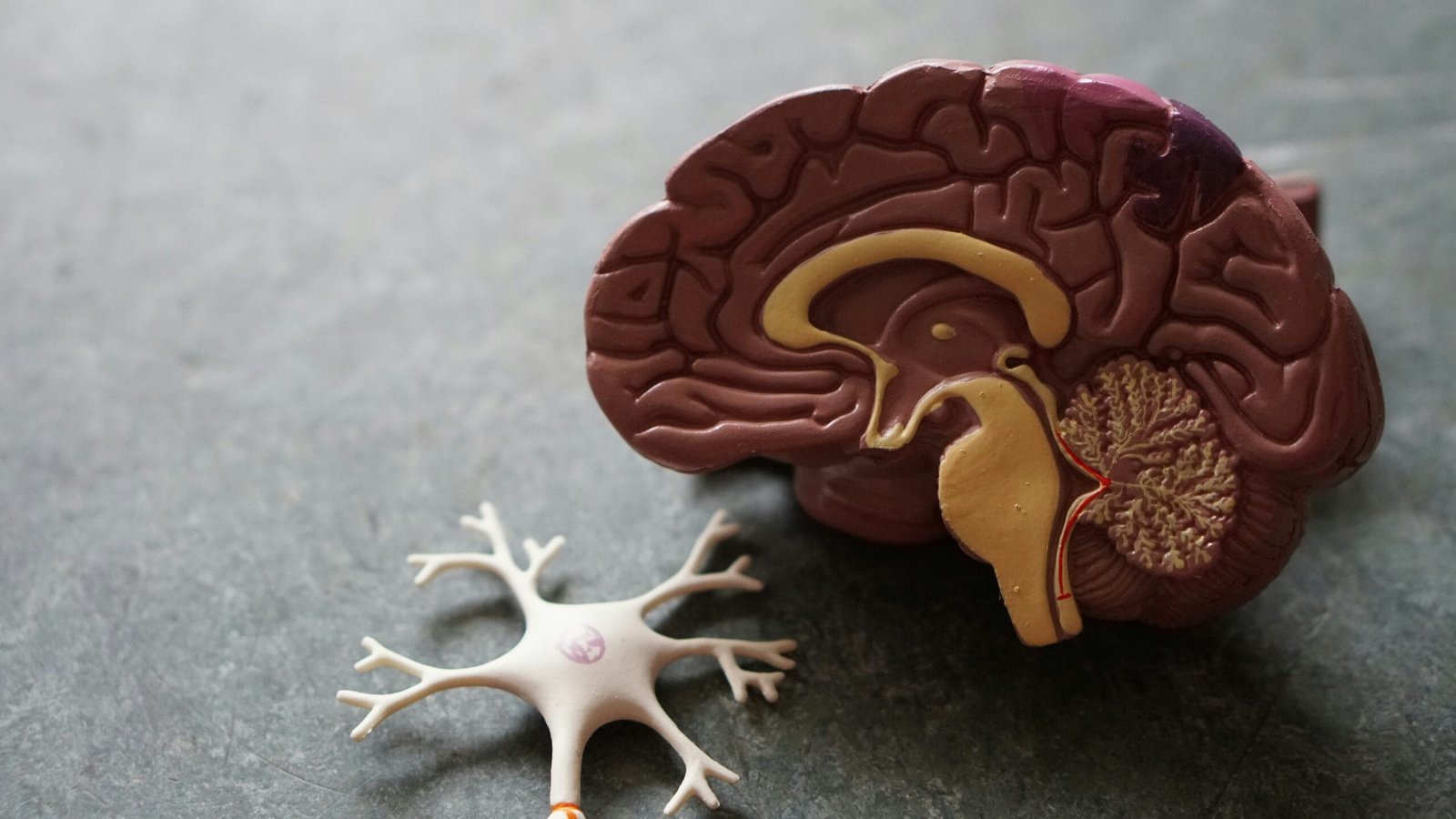
Enhanced Cognitive Function
Hobbies also fuel your brain! Your brain is like a group of muscles, and as we hone our skills (and have fun doing so), we are also exercising different parts of the brain! Reading and writing develop the language centers of your brain, activities like woodworking or knitting can develop fine motor skills, and games like chess and Sudoku can develop pattern recognition and working memory. In time, mastering these skills helps maintain and improve cognitive function—something that becomes increasingly important as we age.

Improved Focus and Concentration
Since hobbies help us exercise certain areas of our brain, they also help us exercise our focus and concentration. By engaging in an enjoyable activity that requires your full attention, you’re training your brain to remain present and aware.
It’s like practicing mindfulness without even realizing it. Whether you’re meticulously applying stickers in a scrapbook or tending to a bonsai tree, hobbies demand a kind of attentional discipline that can spill over into other parts of life, like being able to stay focused in meetings, resist the urge to doom-scroll, or complete tasks more efficiently.
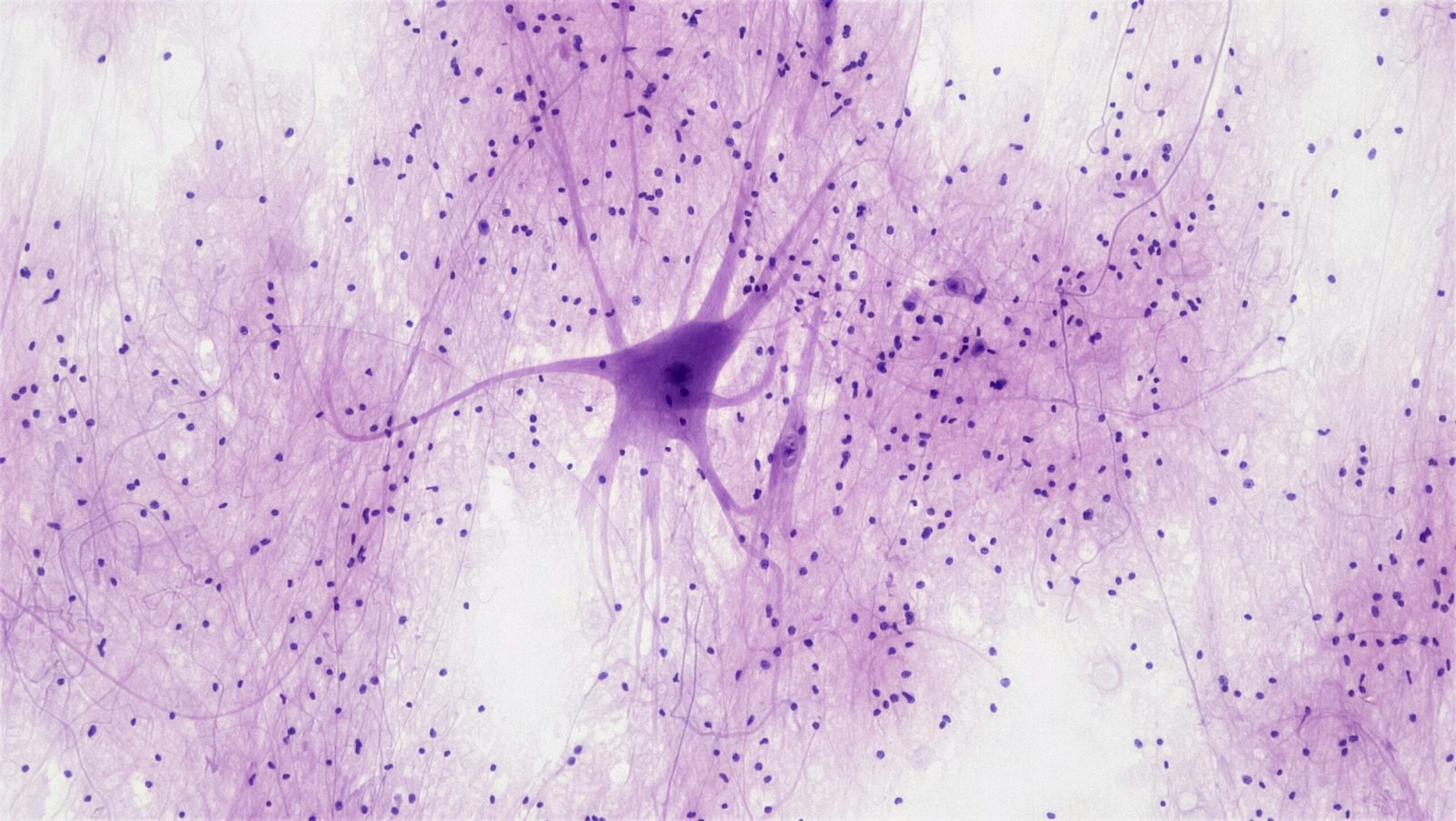
Increased Neuroplasticity
You may not have known this, but our brains are always capable of change. This is in opposition to the common adage “You can’t teach an old dog new tricks!” The field of neuroscience has revealed a concept called neuroplasticity, which is essentially the brain’s ability to form new neural pathways, and is strengthened by learning and developing new skills and having new experiences.
Every time you undertake a new challenge, like learning a new instrument, learning how to embroider, or trying a new art style, you’re creating new neural pathways and training your brain to become more adaptable and resilient. These activities help delay cognitive decline and even offer a protective buffer against neurodegenerative diseases later in life.
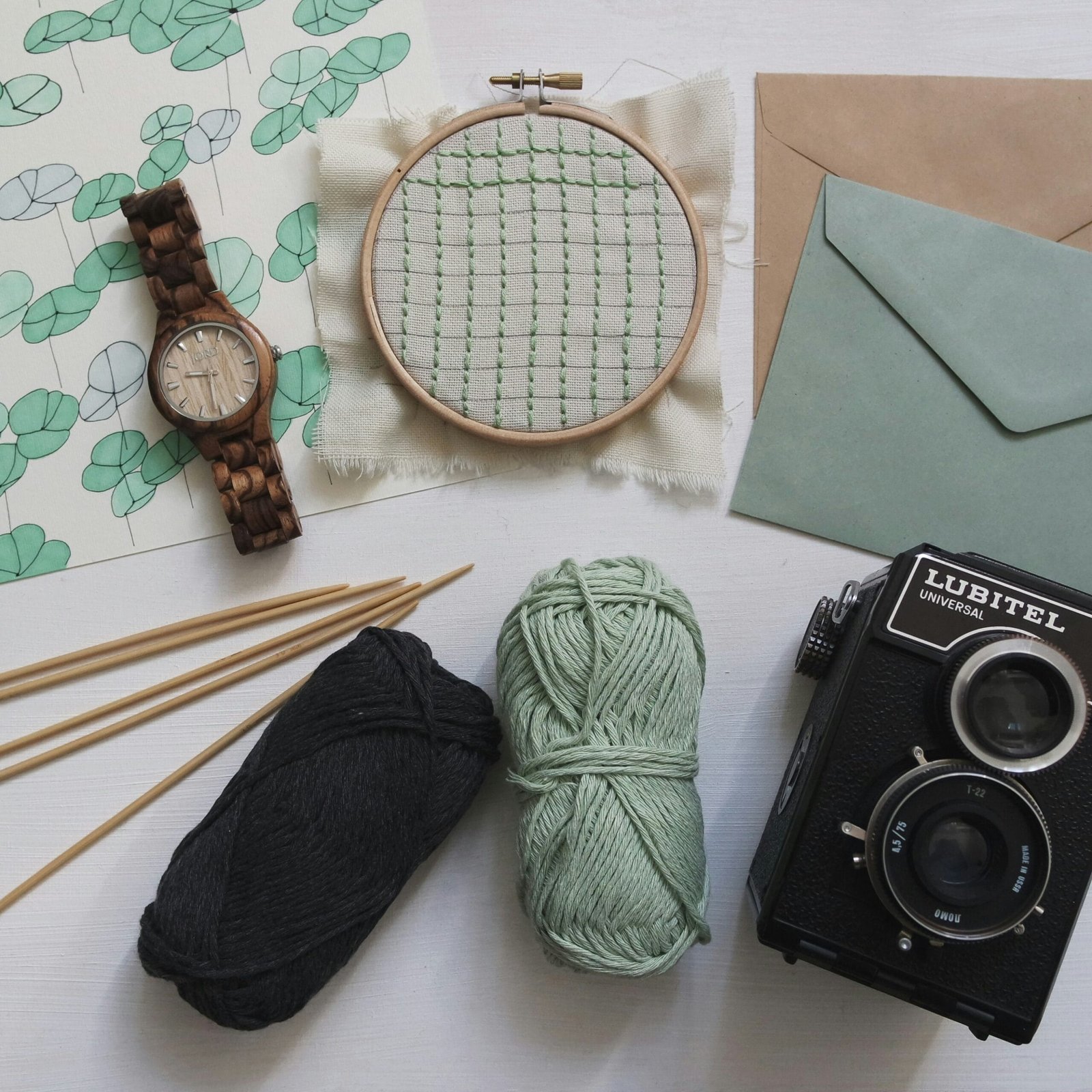
Hobby Versatility
We here at Global Happy Vibes believe that there is a hobby out there for everyone, and sometimes it can take some time to find it. There’s a variety of hobby options out there to explore for those of varying budgets, time commitments, and interests. Many hobbies can even be adjusted to fit your needs!
I personally have a multitude of hobbies that I choose to engage in that range from higher budget to lower budget, and each one puts me in a flow state. Whether it’s heading out to a pottery studio, crocheting scarves for loved ones, getting all my thoughts down into a journal, or constructing new sentences for a story I’m working on, these all enrich my life and my brain health as I work on learning and mastering new techniques. These may or may not be for you, though! There’s nothing wrong with trying to pick up a hobby and deciding you don’t enjoy it. That’s part of exploring your personal preferences, and it also makes finally finding your perfect hobby that much sweeter!
Take scrapbooking, for example. Many people spend hours curating their paper, stationery, stickers and decorations for their scrapbook; however, it’s possible to take a notebook and use images and letters from junk mail, old letters, or even movie theater tickets, receipts, and other items gathered from life (see: junk journaling). Since it’s subjective, it’s entirely up to you to determine how much money and time you’d like to invest!

A Danger of Monetizing Hobbies
To once again reference the hustle culture we happen to find ourselves living in, many people also view hobbies as something to be utilized for monetary gain. The premise sounds good, why not make money from a process you enjoy doing? While this is certainly an option, it is best to consider potential dangers to the monetization of your hobbies.
Once such danger is the loss of your intrinsic motivation. There are two types of motivation: intrinsic motivation, where your motivation stems from your own personal desires, and extrinsic motivation, where your motivation stems from an external source, such as rewards, income, or punishment. Hobbies are oftentimes driven by intrinsic motivation, because the process or result is relaxing or satisfactory to you. This drives you to continue engaging in your preferred hobby. Research has shown that once you start receiving external awards for activities you’ve previously done out of your own intrinsic motivation, you start to lose that intrinsic motivation.
If you’re someone who has a multitude of hobbies and can sacrifice one’s intrinsic motivation for monetary gain, then that’s fantastic! There is nothing wrong with getting paid to do what you love. However, if you have a few or only one hobby, you may want to think twice before monetizing it.
Conclusion
The next time you find yourself brushing off your hobby or shelving it for a “better use of time,” take a moment to reconsider. Hobbies are far more than just idle pastimes. They offer emotional fulfillment, mental clarity, and tangible benefits to your brain health that can improve your overall quality of life.
Whether you’re painting a canvas, tending to a garden, or crocheting a cardigan, you’re not just “doing something fun,” you’re actively nurturing your mind and well-being. So go ahead, carve out that time for your hobbies. Your brain (and heart!) will thank you.
Disclaimer:
Content related to journaling, meditation, or emotional well-being is intended for informational and inspirational purposes only. It does not replace professional mental health care, therapy, or counseling. If you are struggling with mental health issues, please seek help from a licensed mental health professional.
